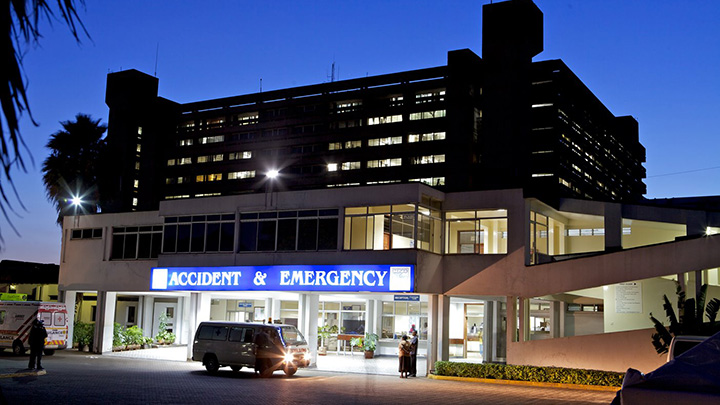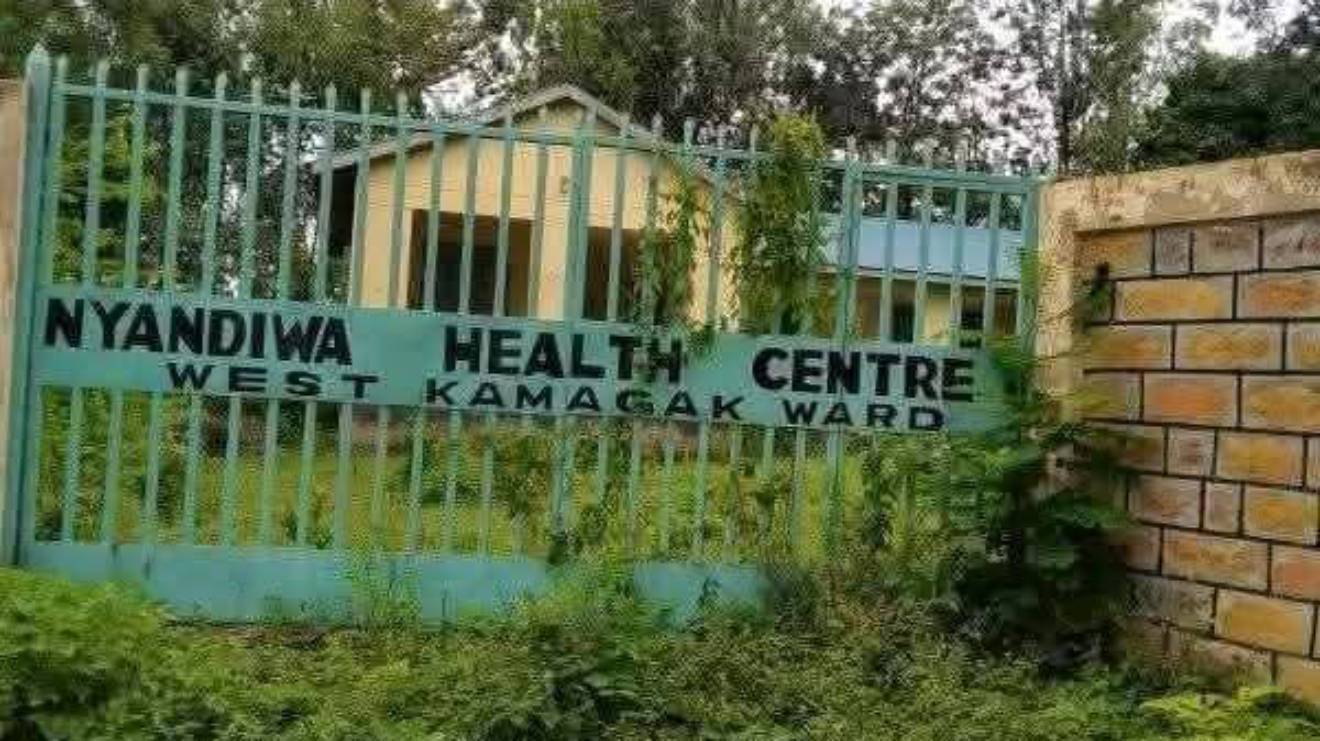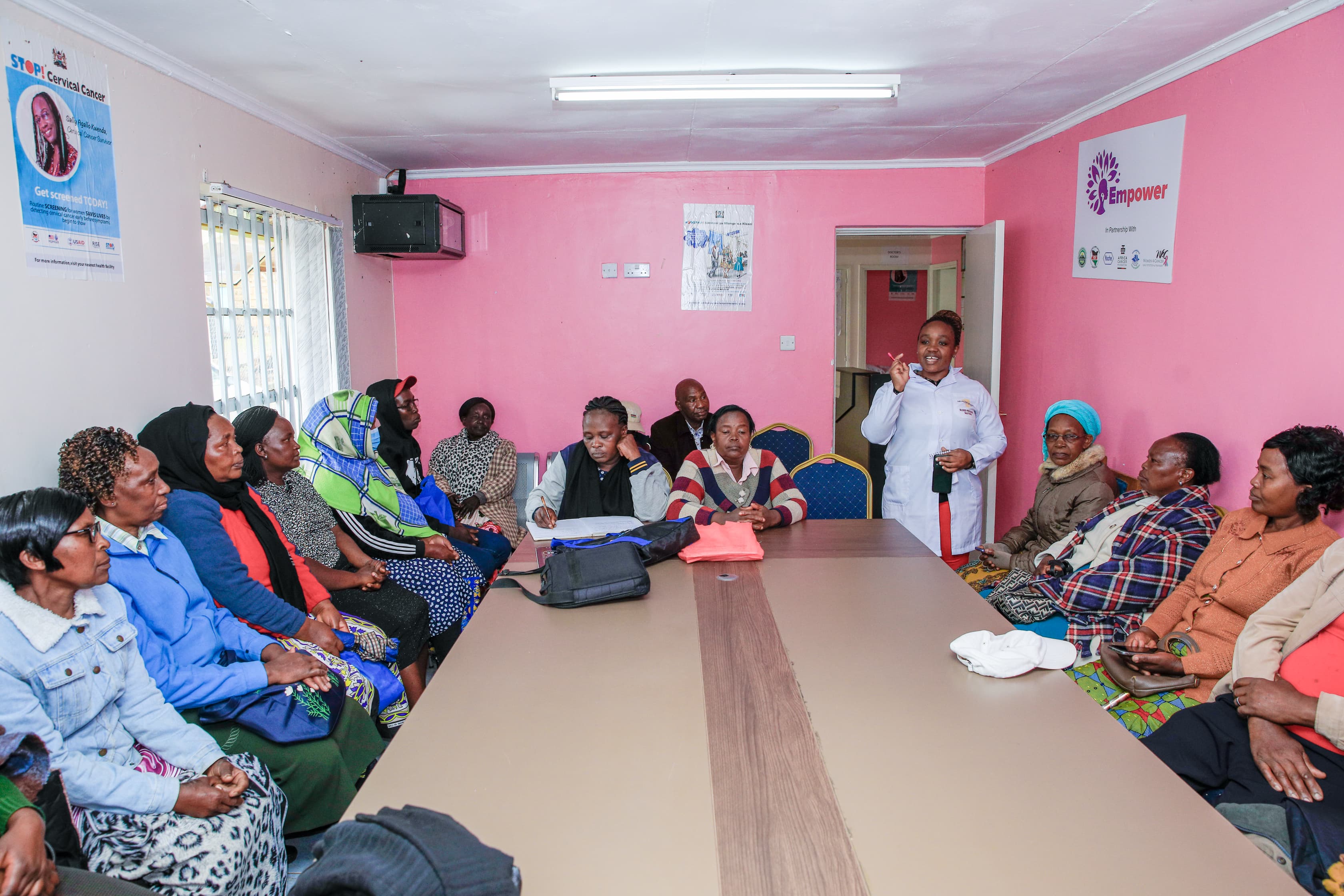The government has started clearing the crippling debt owed by the now-defunct National Health Insurance Fund (NHIF) to health institutions, providing much-needed relief to a sector facing significant strain.
In a decisive move, Sh1.5 billion has been released by the Treasury, and healthcare facilities across the country are set to benefit from the payout.
This intervention is expected to ease the pressure on patients who have been forced to pay out-of-pocket for medical services as facilities struggle under the weight of unpaid claims.
Next week, a further Sh3 billion will be released to hospitals that were previously contracted under NHIF, according to Medical Services Principal Secretary Harry Kimtai.
The payments follow a thorough audit of the outstanding debts, a process led by a special committee formed by the Ministry of Health to oversee the transition from NHIF to the new Social Health Authority (SHA).
Read More
"We’ve agreed that the committee that was formed under my leadership will continue meeting together with the Treasury so we are able to fast-track the payments of the outstanding debts," Kimtai revealed.
The backdrop to this financial rescue is a mounting healthcare crisis. Several faith-based health institutions, including the Christian Health Association of Kenya and the Supreme Council of Kenya Muslims, had threatened to scale back their services.
They had been grappling with over Sh7 billion in unpaid dues under NHIF’s Edu Afya and Linda Mama programmes. Despite numerous follow-ups, the funds remained elusive, putting many vulnerable patients at risk of losing access to critical services.
In total, NHIF owes a staggering Sh30 billion to healthcare facilities nationwide, with county hospitals alone owed between Sh8 billion and Sh12 billion.
Kimtai emphasised the importance of accurately determining the specific amounts owed to each facility, noting that NHIF's system officially closed on September 30, 2024.
"We are going to be that granular to ensure that we know exactly what’s owed, because this other system came to a close on the 30th of September," Kimtai stated.
Under SHA, all claims are expected to be settled within a 90-day period. “Within 90 days, there should be no pending bill. And that is what is contained in the contract that we shall share with the facilities," Kimtai explained.
As the government works to settle these debts, there is renewed hope that SHA will bring much-needed reforms to the healthcare sector.
Public Health Principal Secretary Mary Muthoni offered a promising update, revealing that 147,050 households have already enrolled in SHA.
The number is expected to grow as more Kenyans are registered through a joint effort between National Government Administration Officers (NGAO) and community health volunteers.
Muthoni spoke confidently about the benefits of the SHA system, which promises universal coverage, a stark contrast to NHIF's limited reach.
“Unlike NHIF, where only 20 per cent of Kenyans used to get services, we are rolling out 100 per cent of Kenyans, including you and me, so that nobody will ever go to a hospital in this country again and fail to get services or be attended to,” she remarked during an address in Machakos County.
SHA will rely on three key funds: the Primary Healthcare Fund, targeting grassroots dispensaries and clinics; the Social Health Insurance Fund, which will focus on secondary and tertiary care; and the Emergency, Chronic and Critical Illness Fund, which will cater to patients with long-term medical conditions.
Collaboration with Kenya’s 47 counties is crucial for the successful implementation of SHA, Muthoni added.
She praised the efforts of local health volunteers and officials, particularly in Machakos, where 147,050 households have already been registered, with sensitisation efforts reaching more than 193,000 homes.
"Our SHA teams have rolled out on the ground. Our CHVs and NGAO are doing commendable jobs to register individuals and households," she said.
With the government now focused on clearing NHIF’s massive debt and rolling out SHA, Kenyans can anticipate significant improvements in the accessibility and quality of healthcare services.
However, with such a substantial overhaul of the system, it remains to be seen how quickly these changes will be felt at the community level.

 (1)-1727972556.jpg)










